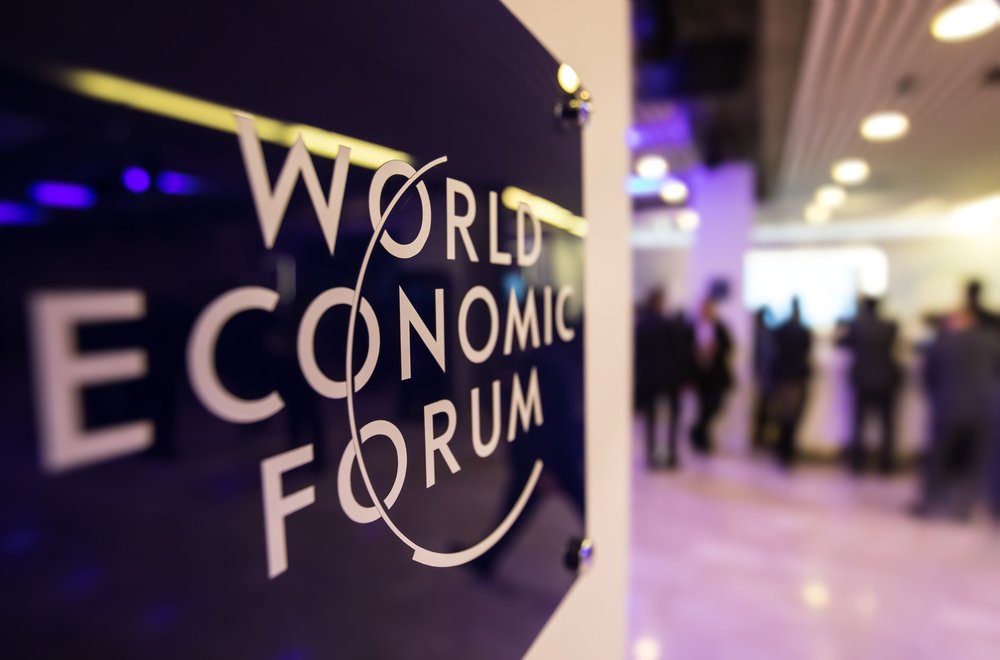
The Problem
THE PROBLEM
Over the last 50 years, new wealth creation has not trickled down as we were promised that it would. It has accrued to people who already have wealth, through their ownership of assets such as companies and property. Since 1995, the top 1 percent have captured nearly 20 times more of global wealth than the bottom 50 percent of humanity[1].
This concentration of wealth has been accelerated by government policy – through the tax system and, more recently, through quantitative easing.
Extreme wealth is an unimaginable sum of money held by a very few people. The richest 1 percent have double the wealth of 6.9 billion people. In the UK, the top 1 percent have three times the wealth of the next 1 per cent (the 99th percentile). This is not about the 99 percent. It is about the ultra elite, the wealthiest of the wealthy. If you are not worth more than £4 million, this will not cost you a penny.
We currently consider eligibility to join Patriotic Millionaires UK to start for those in the top 1 percent - those with net assets of over £4 million[2].
WHY IS THIS A PROBLEM?
There are three critical problems with the concentration of extreme wealth and power:
Economic stability. Hoarding extreme untaxed wealth stifles the economy because such extreme wealth cannot be spent and instead is hoarded. By not being taxed, it places an unaffordable tax burden on everyone else. The recent experiment of the UK economy, with the lowering of taxes for the very richest introduced by the Truss Government, brought into sharp focus how even our financial markets now recognise policies that favour the very richest are unsustainable.
Democratic and social stability. Extreme wealth is divisive. It has led to the creation of a parallel universe for the extremely wealthy, who are not touched by the concerns of working people - we are not all in it together. With extreme wealth comes influence and power, which undermines trust in institutions and in democracy. The failure of the tax system to access the vast untapped resource of extreme wealth limits the state’s capacity to invest in a better Britain and is leading to the disintegration of public services
Ecological stability. Excessive emissions associated with billionaires are a problem —private jets, super-yachts, large properties are all polluting —but so are their investments in fossil fuels and other polluting sectors. Oxfam research shows that the ultra-rich are the biggest individual contributors to the climate crisis. The richest billionaires, through their polluting investments, are emitting a million times more carbon than the average person. The wealthiest 1% are responsible for twice as many emissions as the poorest 50%
WHAT ARE WE SUGGESTING?
We are not suggesting that this wealth is confiscated. We are suggesting that a greater percent of it is contributed to society through tax; that the successes of the economy are shared fairly with working people; and that extreme wealth does not exert greater influence over our political representatives than anyone else.
Our proposals would leave those with extreme wealth still extremely wealthy. So vast is this pool of wealth held in so few hands that even taxing a small part of it makes a massive difference to revenues. This is the key to relieving pressure on working families and stimulating the economy.
